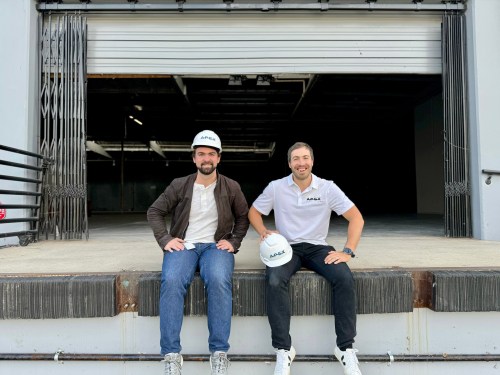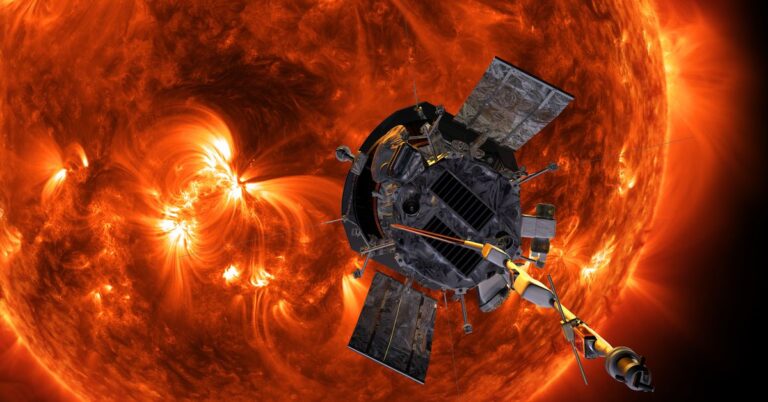Apex Space Sets Out to Disrupt the Status Quo
When Apex Space emerged from stealth last October, the company had a bold and ambitious goal: to remove the ‘new bottleneck’ hitting the space industry by manufacturing satellite buses at scale. This innovative approach is set to disrupt one of the more entrenched parts of the space industry, where satellite buses have been built to order at a very high cost and with very long lead times.
The Need for Change
In recent years, changes in the space industry, including the decreased cost to launch mass to space, have opened up whole new customer segments looking to send their payload into orbit. However, this growing demand has led to a bottleneck in the production of satellite buses. To address this issue, Apex Space is working tirelessly to develop and manufacture high-quality satellite platforms at an unprecedented scale.
Introducing Factory One
Apex Space has announced that it has opened a new headquarters and production facility in California, which will eventually scale up to manufacture 50 satellite platforms annually. The new facility, stretching over 46,000 square feet, is ‘essential for meeting customer demand,’ according to Apex CEO Ian Cinnamon.
"Our customers are seeking spacecraft with shorter lead times, and Factory One will deliver," he said.
Aiming High
Apex Space wants to push the boundaries of what is possible in space exploration. To achieve this ambitious goal, the company is planning on offering three satellite bus classes to start:
- The smaller, 100-kilogram bus called Aries, which will be able to support payloads up to 100 kilograms.
- A larger bus called Nova, which can accommodate payloads up to 230 kilograms.
- An even larger bus, Comet, to carry up to 500 kilograms.
Flying High
Apex Space is planning on flying its first Aries on SpaceX’s Transporter-10 rideshare mission scheduled for the first quarter of next year. This milestone represents a significant step forward in Apex’s mission to disrupt the space industry and provide high-quality satellite platforms at an unprecedented scale.
Scaling Up
The company aims to scale the factory over the next handful of years, with plans to deliver five Aries platforms for customers in 2024 and ramp up output to 20 spacecraft by 2025. This ambitious growth strategy is set to revolutionize the space industry and provide new opportunities for companies looking to explore the cosmos.
Investment
Apex Space has raised more than $35 million so far across a seed and Series A from backers including Andreessen Horowitz and Shield Capital. This significant investment will enable the company to continue its mission to disrupt the space industry and provide high-quality satellite platforms at an unprecedented scale.
The Future of Space Exploration
Apex Space is pushing the boundaries of what is possible in space exploration, with a bold and ambitious goal: to remove the ‘new bottleneck’ hitting the space industry by manufacturing satellite buses at scale. With its innovative approach and significant investment, the company is set to revolutionize the space industry and provide new opportunities for companies looking to explore the cosmos.
Key Takeaways
- Apex Space has opened a new headquarters and production facility in California.
- The company aims to manufacture 50 satellite platforms annually.
- Apex Space offers three satellite bus classes: Aries, Nova, and Comet.
- The company is planning on flying its first Aries on SpaceX’s Transporter-10 rideshare mission scheduled for the first quarter of next year.
- Apex Space has raised more than $35 million so far across a seed and Series A from backers including Andreessen Horowitz and Shield Capital.
Related Articles
Transportation: CES 2025: Self-driving cars were everywhere, plus other transportation tech trends
Apps: How to turn off Apple Intelligence-powered notification summaries
Enterprise: Open source licenses: Everything you need to know

























